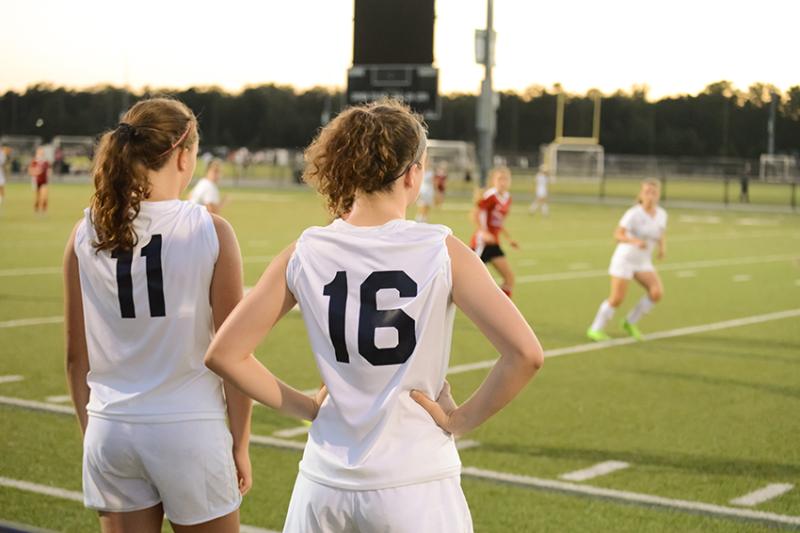Twelve ways to be a more successful learner

What do you really need to learn in life? How do you teach students to excel? What do successful learners do differently from others? What, in short, are their habits of mind?
Over the last two decades the learning sciences have begun to provide some powerful answers to these questions.
Here are some suggestions, drawing on research, to help you identify the kinds of learning habits likely to help you succeed. Imagine a clock-face. Think of each of the twelve points of its face as we look at twelve key aspects of learning.
Recently we have begun to understand with greater clarity the kinds of learning habits or attributes which are particularly useful to individuals and to our wider society.
Here are two lists, the first from an economic perspective (Nobel Laureate James Heckman and colleagues (2013) and the second through the eyes of educational researchers, Lesley Gutman and Ingrid Schoon (2013).
Economic perspective (Nobel Laureate James Heckman and colleagues, 2013)
- Perseverance
- Attentiveness
- Resilience and coping
- Self-control
- Self-perception
- Openness to experience
- Trust
- Social competencies
- Empathy
- Metacognitive strategies
- Humility
- Engageing productively in society
- Self-esteem and self-efficacy
- Tolerance of diverse opinions
- Creativity
Educational perspective (Lesley Gutman and Ingrid Schoon, 2013)
As you read the twelve suggestions that follow, think about how each might be contributing to one of these desirable learning habits above.
1. Learning is for life
It’s all too easy to focus on school when thinking about learning. But, school days are just a small fraction of our lives. In the real world of home and work most of our learning will be interest-led, informal and social.
2. Mistakes are useful
Through the pioneering work of Carol Dweck, we now know that if we see mistakes as our friends, as stepping stones along the way, we will do much better in life. Musicians, writers and engineers all make drafts or prototypes, each one better than its predecessor. That’s how it is with learning.
3. Tenacity matters
A vital skill is tenacity. Persevering when others have given up and bouncing back from set-backs are the hallmarks of powerful learners. I have contributed to fresh research on this topic.
4. Practise the hard parts
Getting better at anything requires effort. Thanks to a greater understanding about how expertise is developed from Anders Ericsson, we now know that certain kinds of practice work better than others. Sit at the piano and play over the pieces you know already may build fluency but it does not challenge us. Speeding it up, slowing it down, just playing the left hand – the hard bits – is what we need to do in music and in our learning.
5. Emotions are important
You have probably heard of emotional intelligence. How we manage our feelings of struggle and how we read the emotions of those around us is of great importance in life and learning.
6. Mind and body
It’s all too easy to assume that learning is about academic subjects. But, as Jacob Bronowski puts it, ‘the hand is the cutting edge of the mind.’ Mind and body are intimately linked. Whether it is our diet, the exercise we take or the muscle memory we acquire as we learn to write or type or ride a bicycle, hand and brain go together.
7. Learning is a team sport
One of the greatest scientific enquiries underway at the moment is the international collaboration to investigate the so-called ‘God particle’, the Hadron Collider. It is proof if such were needed of the power of social learning. Being able to work in teams on complex enquiries is essential as a learner. It is a sad reflection of life in many schools that learning with others can all too easily be seen as cheating when, in the real world, it is one of the smartest things you can do.
8. Be creative
In 2021 PISA will test Creative Thinking for the first time. In itself, this is of only partial significance. But to school leaders and employers it says clearly that creativity – being curious, generating ideas, solving problems and so forth – is a large part of learning. My own research has suggested many practical ways in which schools can teach creative thinking.
9. Hang out with the best
When Lev Vygotsky came up with the idea of the zone of proximal development he was reminding us that we make most progress when we are with people who are much better than us. Smart learners seek out experts whenever they can to ensure that they are constantly challenged and mentored.
10. Know where you are
Unless you are able to reflect on how you are doing, learning is a bit like driving a golf-ball off a tee while wearing a blind-fold! Having an accurate sense of how you are progressing is essential. Great learners are always asking for feedback to help them establish this.
11. Set challenging goals
Simply wanting something is not enough. It has often been said that a wish is a goal without a plan of action. Whether at school or at work, setting challenging and specific goals will help to keep you on track.
12. Look for transfer
If only we could learn something at home and then be able to do it at school; master something in the maths class and be able to apply it in Geography! Transfer is the Holy Grail of teaching. And we are just beginning to understand its mechanisms. We know, for example, that a transfer is helped if, when you first learn something, you think where else you might use it.
Becoming a powerful learner has its own disciplines, just as any set of skills does. Here are twelve suggestions, one for every hour of the day. Whether you are a student, teacher, parent or all three, why not try out one of them?
This article was original published by Education HQ. Read the original article.



